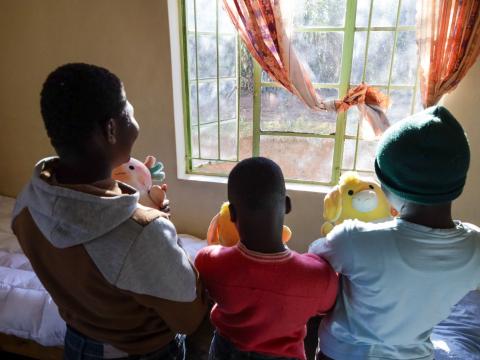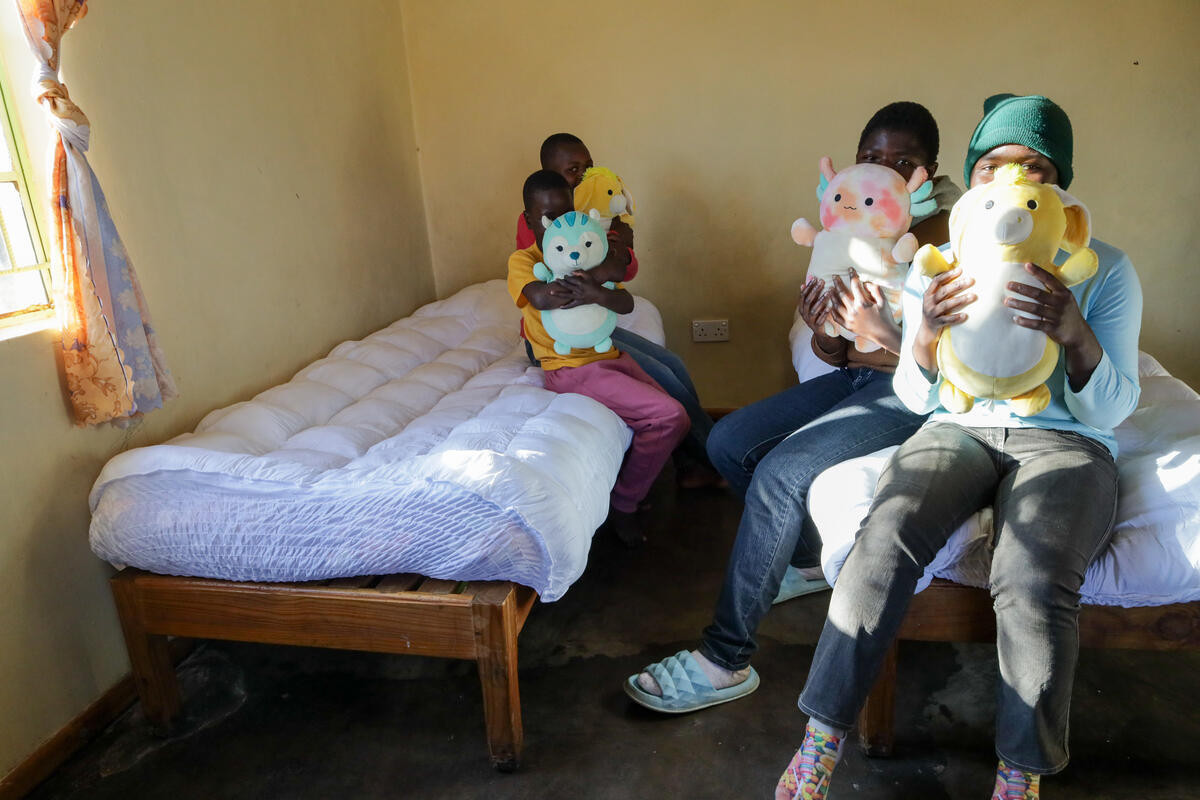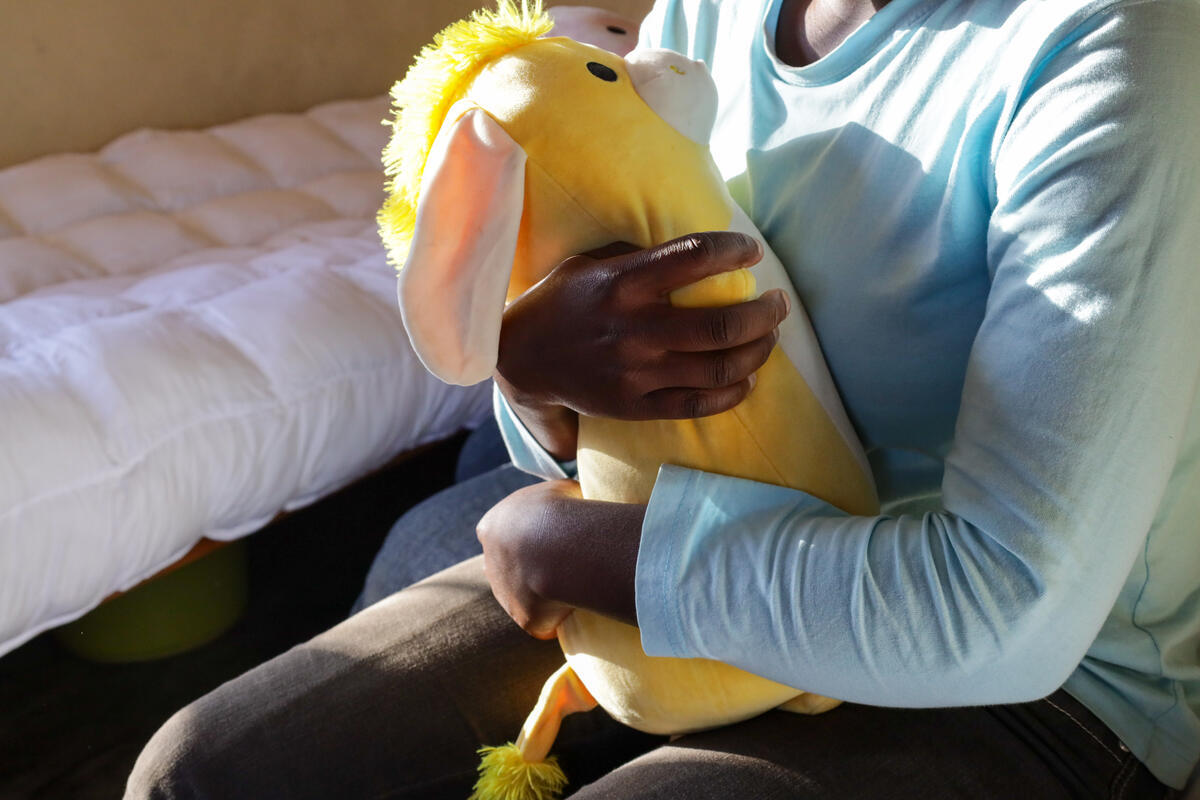From Trauma to Tenderness: How Gift in Kind Brings Comfort to Children at Rekai Tangwena Home

By Ronald Magweta (Communications Officer)
Rekai Tangwena Children’s Home in Zimbabwe is one of many community-based centers providing refuge for children who have endured abuse, neglect, or abandonment. Most of the 23 children currently in its care were referred by the Department of Social Development or the police after being rescued from unsafe environments.
In a country where child protection services are overstretched, homes like Rekai Tangwena operate under immense strain. They rely heavily on donations and external support to meet even the most basic needs of the children.
"Our biggest challenge is that we are understaffed and lack essential resources such as transport, water, and medication," explains Auxilia, the home's administrator. "But we do our best because children's safety comes first."
Spiwe Charity Chakandinakira, district head for the Department of Social Development in Nyanga District, says institutions like Rekai Tangwena Children's Home are instrumental because they "serve as a safe place for children exposed to harmful circumstances." She added that the partnership between World Vision and the government of Zimbabwe, exemplified by the support to Rekai Tangwena Children's Home, helps meet funding needs.
"World Vision's support with new comforters, towels, dishes, and toys has truly lit up the children's rooms," she says. "For children coming from very difficult circumstances, having a proper bed and bedding can change their perspective on life."
Despite these challenges, the caregivers remain committed to offering more than just shelter—they strive to restore dignity and give the children a sense of belonging. That is why Gifts-in-Kind (GiK) support has been a lifeline. Recently, the home received essential supplies such as drying towels, bed covers, sanitary pads, gloves, dishes, and soft toys for the children.

These items may seem simple, but in a context where children once had to share towels or sleep without proper bedding, they make a world of difference. The towels and blankets help keep the children warm in Zimbabwe’s cold climate, while the sanitary pads meet critical hygiene needs.
The soft toys, in particular, have had an unexpected impact. To children who have endured trauma, a toy can be more than play, it becomes a source of comfort and companionship. Many of the children have found “friends” in their dolls, with the girls even giving them names. Holding these toys close at night eases their fears, offering reassurance and helping them reclaim the joys of childhood.
" I am also happy about the toys because we are talking about children here,"Says Spiwe the district social services lead, "They sometimes don't have anything they can call their own when they [ children] arrive. They are given clothes and things, but they really want toys to identify with and to play with. We know that through this play, caregivers can sometimes identify issues to do with what these children have experienced. It is also a starting point for us to assess where we can begin, depending on the specific cases of the individual children present here."
“This support has really helped us,” Auxilia, the school admin says. “Through play, caregivers can identify emotional needs and past experiences and at times, when a child hugs a the children feel cared for, and it makes our work easier.”
One of the rescued girls, for example says that she treats her doll like a little sister, talking to her, hugging her at night, and sharing stories about her day. For children who have endured trauma, these small gestures provide reassurance and a sense of belonging that is vital for emotional recovery.

Though challenges like staff shortages, and other essential commodities such as and lack of reliable water remain, the Gift in Kind support has brought warmth, comfort, and hope. For these children, it represents more than material assistance, it is a reminder that they are valued, protected, and not forgotten.